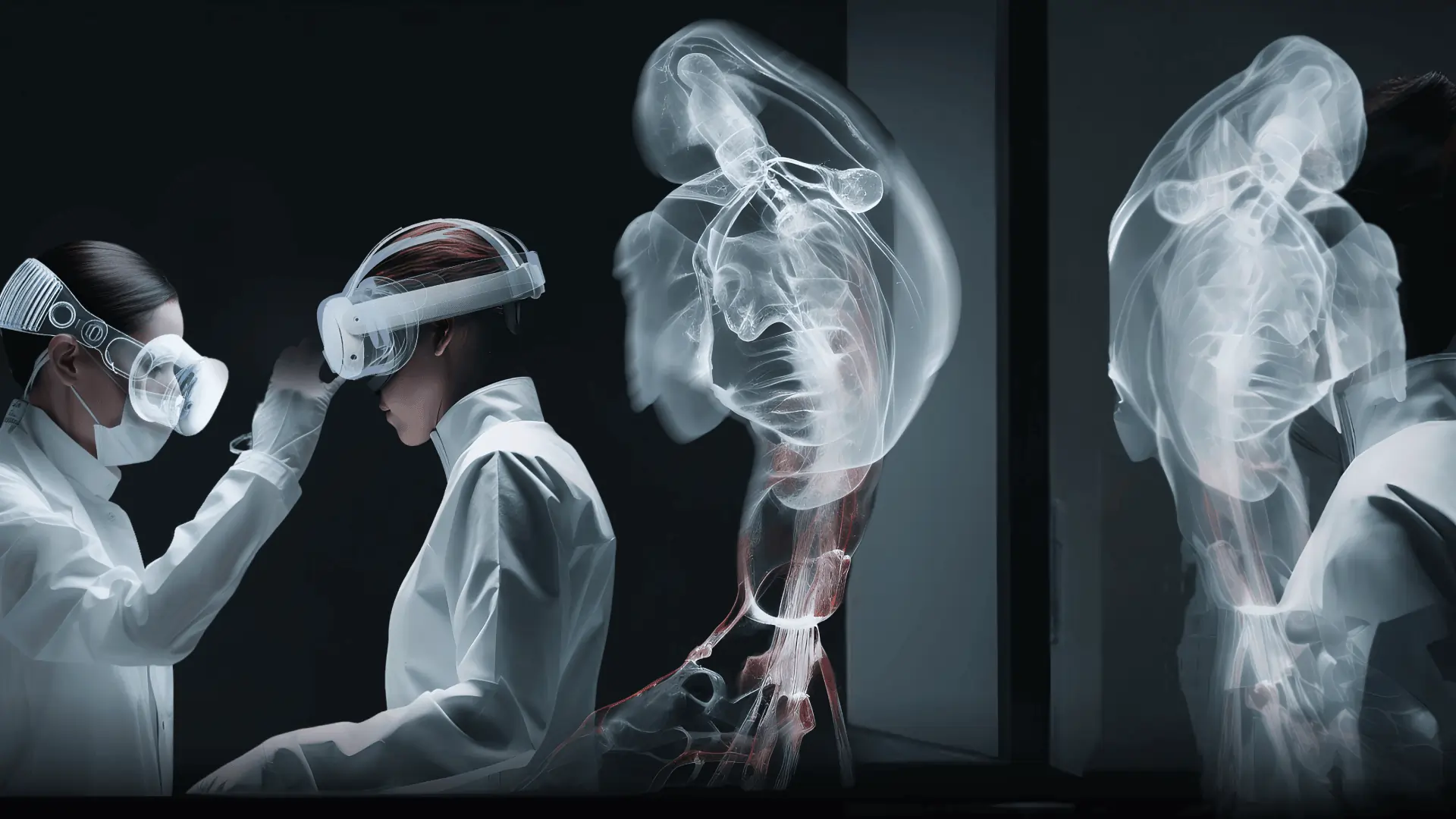Virtual reality (VR) technology has proven to be highly effective in reducing not only pain but also stress and anxiety. The anticipation of medical treatment alone can trigger significant stress and anxiety in many patients. This loss of control often leads to heightened environmental awareness and increased sensitivity to stimuli like the beeping of medical equipment. Anxiety can increase the risk of complications, resulting in a more painful recovery, prolonged hospital stays, and heightened pain perception. Additionally, anxious patients may require more sedatives.
Reference:
- Feasibility of an Immersive Virtual Reality Intervention for Hospitalized Patients: An Observational Cohort Study – Mosadeghi et al. (2016)
- Clinical Use of Virtual Reality Distraction System to Reduce Anxiety and Pain in Dental Procedures – Wiederhold et al. (2014)
- Preoperative anxiety and postoperative pain in women undergoing hysterectomy – Kain et al. (2000)
- Effects of β-Blockers and Anxiety on Complication Rates After Acute Myocardial Infarction – Ruz et al. (2011)
- Effect of preoperative nursing visit on preoperative anxiety and postoperative complications in candidates for laparoscopic cholecystectomy – Sadati et al. (2013)
- Evidence That Music Listening Reduces Preoperative Patients’ Anxiety – Lee et al. (2012)

